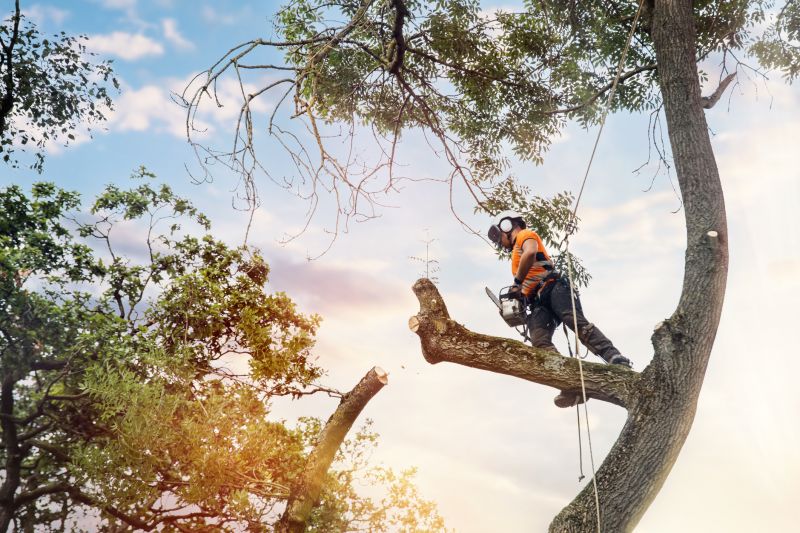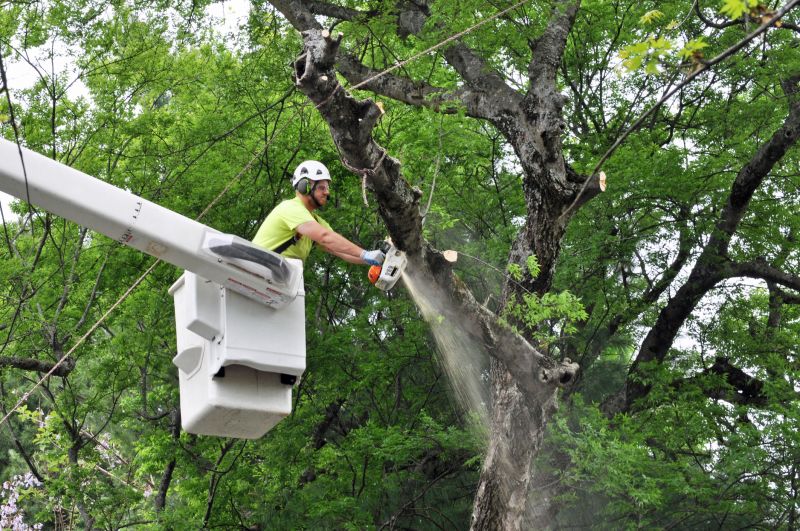Optimal Timing for Arborist Inspections
Arborist inspections are vital for maintaining tree health and safety. The timing of these inspections can influence their effectiveness, helping identify issues early and plan appropriate interventions.
Spring is an ideal time for arborist inspections as trees begin active growth, making it easier to spot pests, diseases, and structural issues.
Fall inspections help assess trees before winter, checking for damage, weak branches, and preparing for harsh weather conditions.
After storms or severe weather events, inspections are crucial to evaluate damage, identify hazards, and determine necessary repairs.
During dormancy, typically in winter, inspections can detect structural problems without the leaves obstructing views.

Ways to make Arborist Inspections work in tight or awkward layouts.

Popular materials for Arborist Inspections and why they hold up over time.

Simple add-ons that improve Arborist Inspections without blowing the budget.

High-end options that actually feel worth it for Arborist Inspections.
| Season/Timing | Key Benefits |
|---|---|
| Spring | Detect pests and diseases early, monitor new growth, plan treatments. |
| Fall | Assess damage before winter, identify weak branches, prepare for seasonal stress. |
| Post-Storm | Evaluate storm damage, identify hazards, prioritize repairs. |
| Dormant Season | Inspect structural integrity, identify issues obscured by foliage. |
Arborist inspections involve comprehensive evaluations of trees' structural integrity, health, and stability. These assessments help prevent hazards caused by falling branches or uprooted trees, especially in areas prone to severe weather. Studies indicate that regular inspections can reduce tree-related accidents and property damage by identifying risks early. Proper timing ensures that issues are detected at stages when interventions are most effective, minimizing costs and safety risks.

Finishes and colors that play nicely with Arborist Inspections.

Little measurements that prevent headaches on Arborist Inspections day.

A 60-second routine that keeps Arborist Inspections looking new.

A frequent mistake in Arborist Inspections and how to dodge it.
Those interested in scheduling arborist inspections are encouraged to contact for more information. Regular assessments contribute to maintaining safe and healthy trees, ensuring the safety of property and landscape aesthetics.
